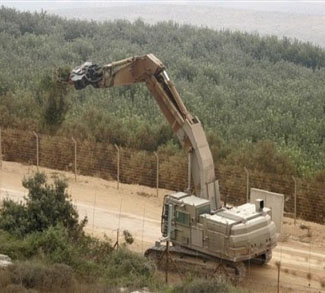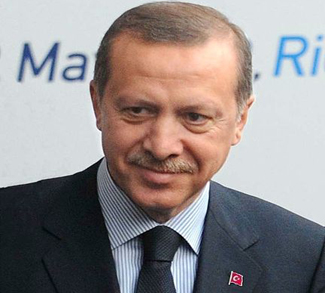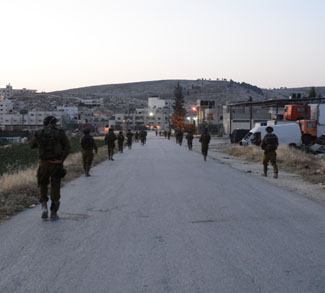FORECAST
Though the list of countries being swept up in a wave of popular uprisings is long and getting longer, pro-democracy activists the world over would be wise to hold off their own celebrations. The wave of ‘people power’ spreading through the Middle East and Africa could just as easily end up hindering international democracy as it could helping it.
Just where this surge of popular discontent came from shouldn’t really surprise anyone. Tunisia has long suffered from a slew of economic issues, particularly high unemployment, so the autocratic regime made an easy target for the widespread venting of popular anger. Egypt serves as another example of a wide range of serious economic issues- low wages, unemployment, food inflation- underpinning wider grievances concerning a lack of political freedom. The same can also be said for Yemen, Libya, and Bahrain. In short, the point to be taken from all this is that there are real economic problems fuelling popular discontent- problems of wealth distribution and a lack of opportunity. People felt that they were not getting a fair shake so they took to the streets and toppled governments that they felt were illegitimate.
And now a few words on the nature of democracy. Its strength is not in providing a magic bullet for fixing every type of economic malaise. Rather, its primary utility is creating an institutional framework for government transition that crucially has legitimacy in the eyes of the people. The institutions that allow for stable governance and a stable transfer of power, institutions like a legislative, executive, and judiciary branch of government, these cannot be built up and secured in an extremely short period of time. It is the intended functioning of these institutions that allows for a democratic country to maintain stability and thrive over the long term.
Now back to the wave of people power spreading through the Middle East and Africa. In Egypt and Tunisia, popular movements have toppled longstanding autocratic regimes and the likely result will be a protracted power vacuum where various sectors of society try to maximize gains in whatever new framework is created. In short, the protests were the easy part. It’s far harder to create a workable institutional framework that will allow for people to exercise democratic choice over the long term. This process will be complicated by the inevitability of the protest movement splintering. Eventually, it’s likely that more protests will break out when certain sectors of society start to feel that they’re being elbowed out of the new order. In other words, the example of mass protests toppling governments may be somewhat dangerous insofar that protests might once again be used as a way to topple interim or weak democratic governments.
In the end, it’s worth bearing in mind that the wave of protests sweeping the Middle East and Africa, though an admirable example of courage in the face of tyranny, is not synonymous with democracy. It’s What come’s next that will determine whether or not we see a democratic wave sweep through the region, or whether or not the negative example of instability and economic stagnation from an endless cycle of political instability will simply serve to smear democracy’s reputation as a functional system of governance in the region.
Zachary Fillingham is a contributor to Geopoliticalmonitor.com




